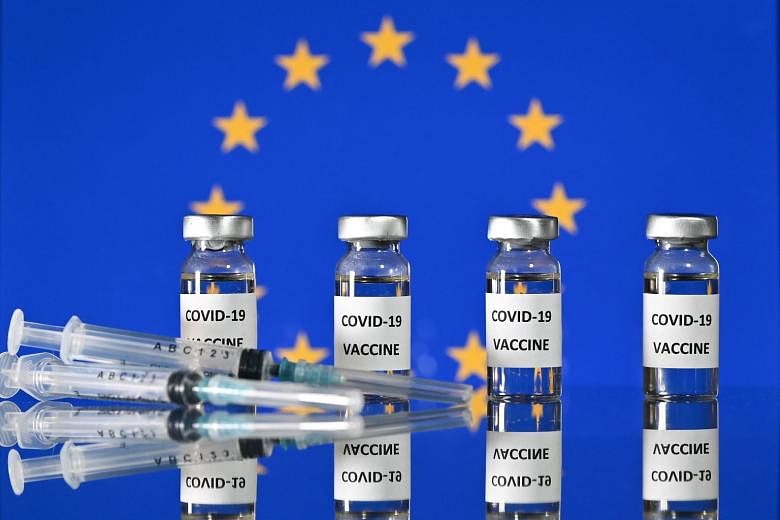As Covid-19 numbers climb in Europe, the already grim mood has grown uglier as the European Union becomes embroiled in nasty spats with pharmaceutical companies over vaccine supply issues. It is threatening to impose a ban on the export of vaccines outside the bloc, something which could unleash precisely the vaccine wars which European governments warned against.
The EU is also demanding that AstraZeneca take coronavirus vaccines from its plants in Britain to make up for a shortfall in supplies to its member states.
Already a subscriber? Log in
Read the full story and more at $9.90/month
Get exclusive reports and insights with more than 500 subscriber-only articles every month
ST One Digital
$9.90/month
No contract
ST app access on 1 mobile device
Unlock these benefits
All subscriber-only content on ST app and straitstimes.com
Easy access any time via ST app on 1 mobile device
E-paper with 2-week archive so you won't miss out on content that matters to you


